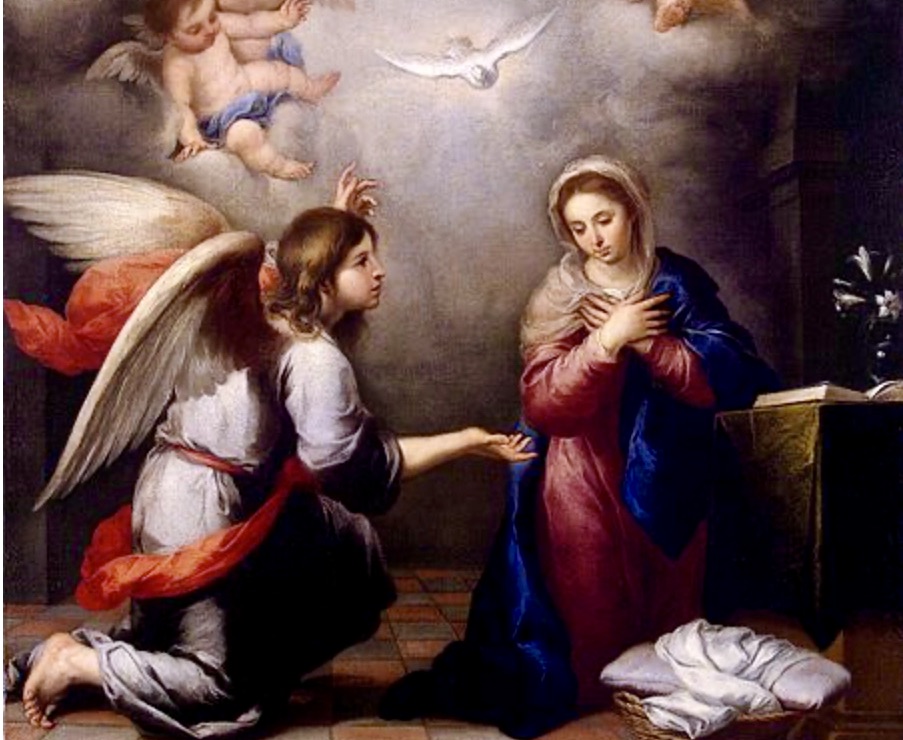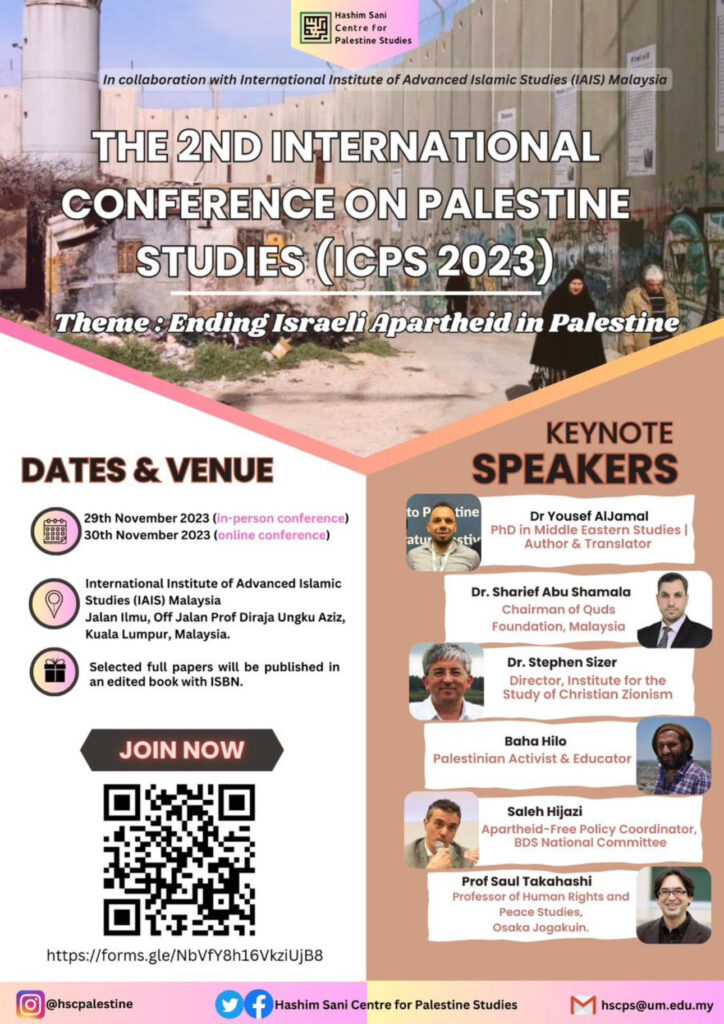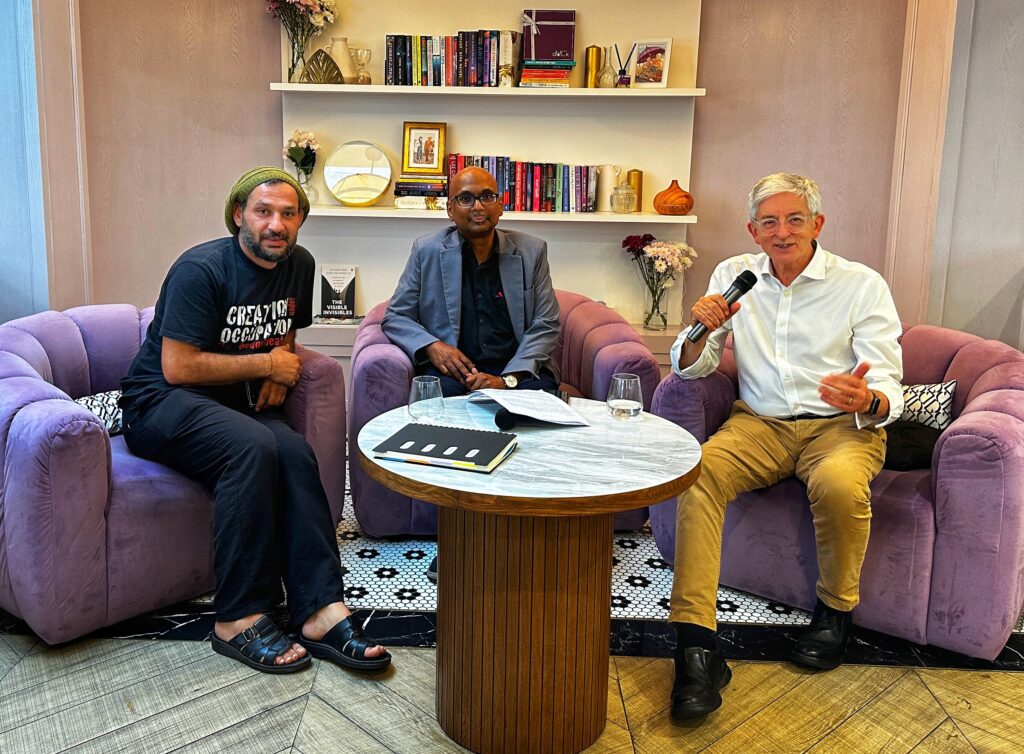Imagine. Imagine a church that is a welcoming and safe place where everyone feels loved, accepted and cared for. Imagine a church where doubters, seekers and believers feel welcome. Imagine a church of every age, race and colour, becoming one in Christ. Imagine a church of fully devoted, spiritual, Christ followers, passionate for an ever-deeper relationship with God. Imagine a church where the praise, worship and teaching are truly pleasing to God. Imagine uplifting services where the Bible teaching builds up the church family and equips members to live for Christ. Imagine a church impacting the lives of children, youth and students from all areas of the local community to become fully devoted followers of Christ. Imagine a church where everyone is fully surrendered to the Holy Spirit, exercising their God-given gifts in joyful and fulfilling service. Imagine a church family informed, inspired and eager to meet the needs of local, national and international mission. Imagine a church in which members are regularly being called into ministry, locally, nationally and internationally. Imagine being part of such a church. Imagine helping to build, to create such a church. Imagine.
In my former parish of Virginia Water, our Vision was built on three words that summed up our purpose – Win – Build – Send. Evangelism, Discipleship and Mission. In our Bible reading from Mark 1, at the very beginning of his ministry, Jesus said, “Come, follow me … and I will send you out to fish for people.” (Mark 1:17). Here the order is Build – Send – Win. That is because this is a cyclical mission strategy and so it doesn’t matter where we begin. And similarly where you are on your spiritual journey, there is a message here for you. Today we will discover the origins of the Christian ministry strategy. Evaluate your church or mission agency against that of Jesus.
Continue reading


